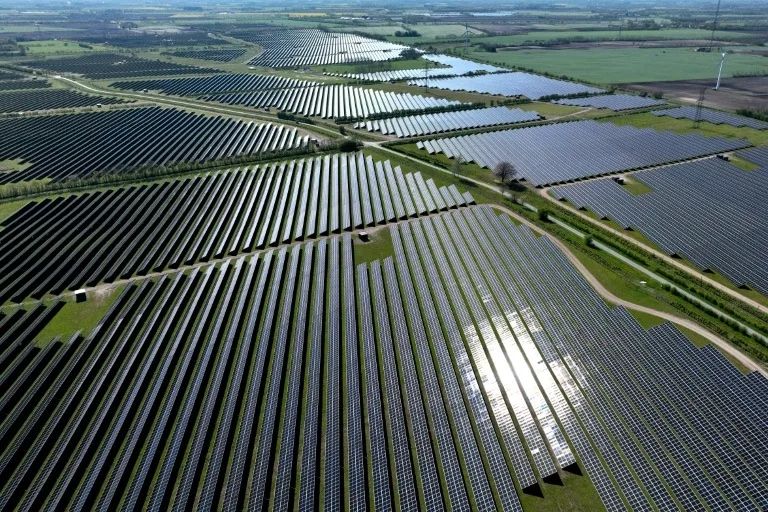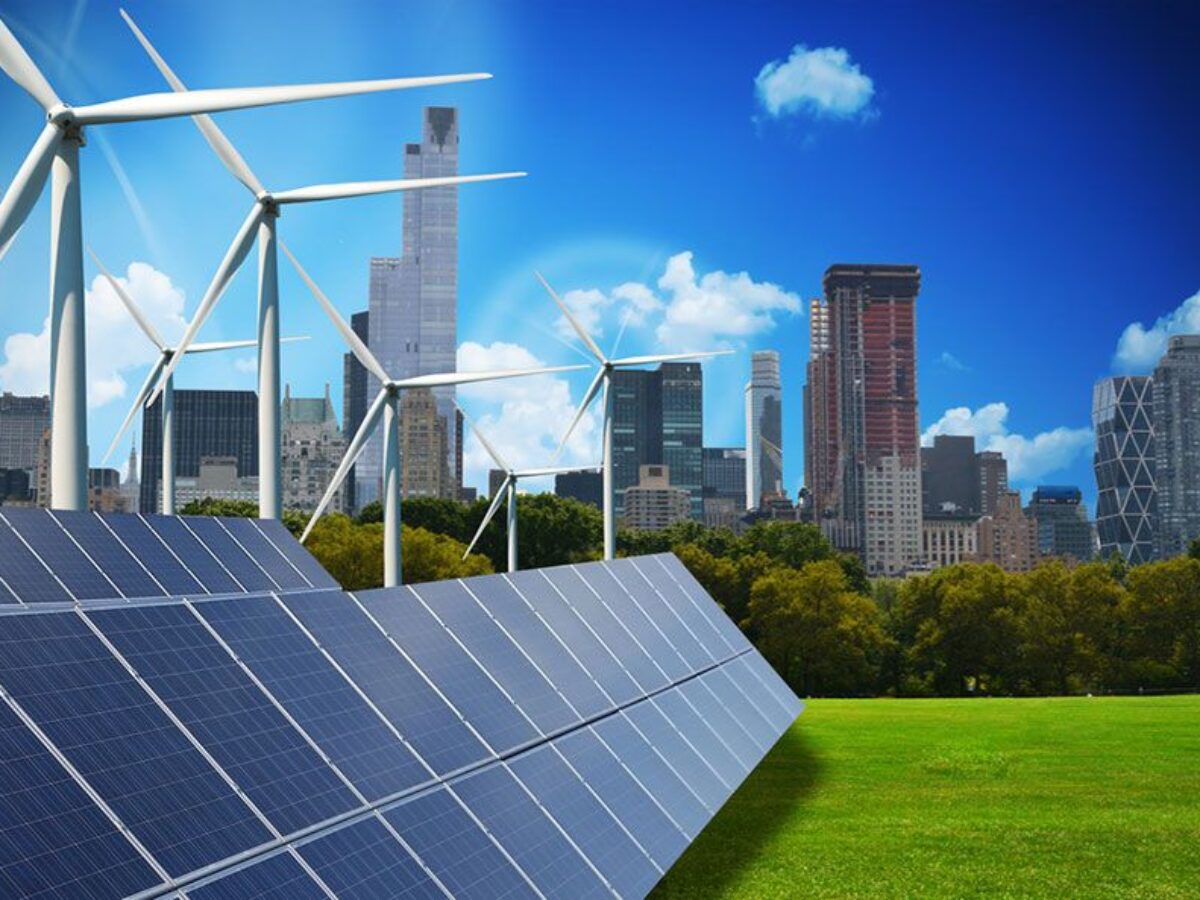The International Energy Agency (IEA) published a report on June 21, 2023, titled as “Desperate need for clean energy surge in the Global South.” The report was made public at the two-day Summit for a New Global Financing Pact in Paris, which aims to gather support for modernizing the mid-20th century framework guiding financial flows from rich to developing countries. The Global South refers to the developing countries of Africa, Asia, Latin America, and the Caribbean. The countries of Global South are facing multiple issues including social, political, economic and environmental. Climate change is a major challenge faced by the Global South. The region is experiencing effects of climate change, such as more extreme weather events, rising sea levels, and droughts. These effects are having a devastating impact on the lives of people in the Global South, and they are likely to get worse in the future. According to the International Energy Agency (IEA), if global warming is to be kept at manageable levels, financing for renewable energy in developing and emerging economies aside from China must grow seven-fold within a decade. The report found that annual investments in non-fossil fuel energy in developing countries will need to jump from $260 billion to nearly $2 trillion by 2030 in order to keep global warming below 1.5 degrees Celsius
The International Energy Agency (IEA) is an intergovernmental organization that works to promote energy security and sustainable energy. The IEA has a number of programs and initiatives that are focused on helping the Global South address the challenges of climate change. One of the IEA’s key programs is the Clean Energy Access Program (CEAP). The CEAP works to help developing countries increase their access to clean energy. The program provides technical assistance, financial support, and policy advice to help countries develop and implement clean energy projects. The IEA is also working to help the Global South develop its renewable energy potential. The agency has published a number of reports on the potential for renewable energy in the region, and it is providing technical assistance to countries that are developing renewable energy projects. But, in order to ensure global development, stability, and peace, the international community must work together to address the critical issues of the Global South. The G20 countries historically account for 80% of the carbon emissions that are destroying the climate on Earth, therefore, these countries should make investments in order to reduce global warming levels. IEA Executive Director Fatih Birol has said, “Financing clean energy in the emerging and developing world is the fault line of reaching international climate goals.”

Over 2.4 billion people, the majority of whom live in developing and underdeveloped nations, lack access to clean cooking fuels and nearly 800 million do not have access to electricity. The IEA has warned that burning fossil fuels is the primary cause of global warming, and it will account for one-third of the increase in energy demand in these countries over the next ten years if current policy trends continue. These are extraordinary circumstances that necessitate reconsidering the structure of the global financial system. Developed countries should increase their financial commitments to developing countries to help them transition to clean energy. The international financial system should be reformed so that it is more supportive of clean energy investment in developing countries. Developing countries should improve their policies and regulations to create a more favorable environment for clean energy investment.
The role of IEA’s on climate change in the Global South is important because it is helping to address the challenges that the region is facing. The IEA programs and initiatives are providing developing countries with the resources they need to transition to clean energy and build a more sustainable future. To achieve sustainable development and the global climate goals, private investments should accelerate for transitioning to clean energy, which will also aid the Global South in coping and reducing the catastrophic effects of climate change. There is a need to implement the recommendations of the report “Desperate need for clean energy surge in the Global South” as it will boost renewable energy spending in Global South and will also assist the countries in meeting their climate targets.

Research Associate, Pakistan House



